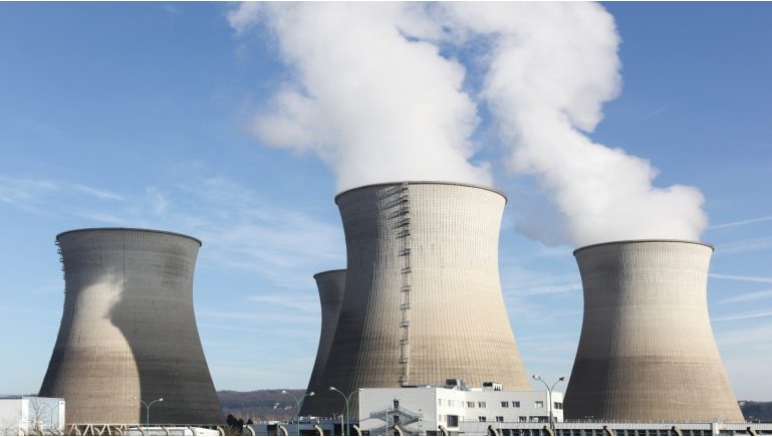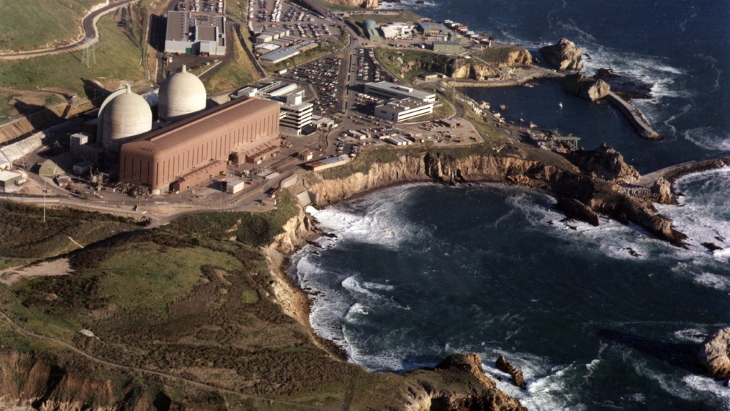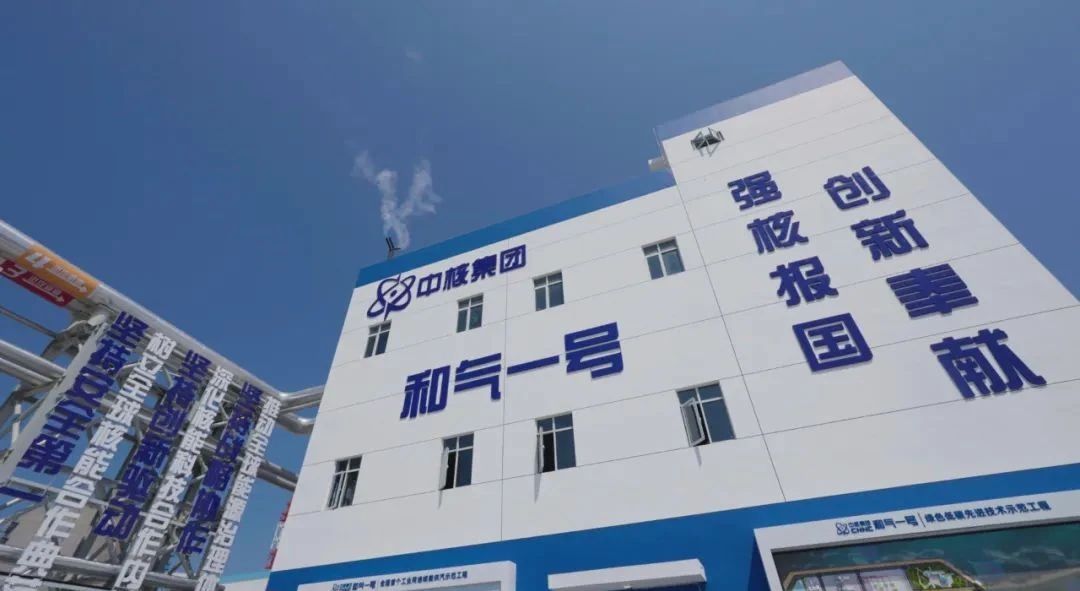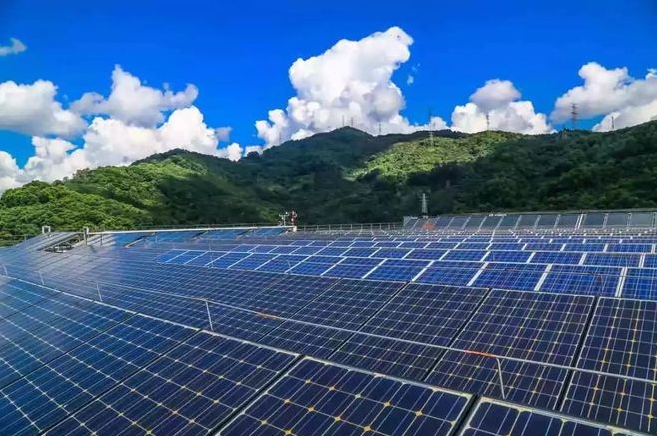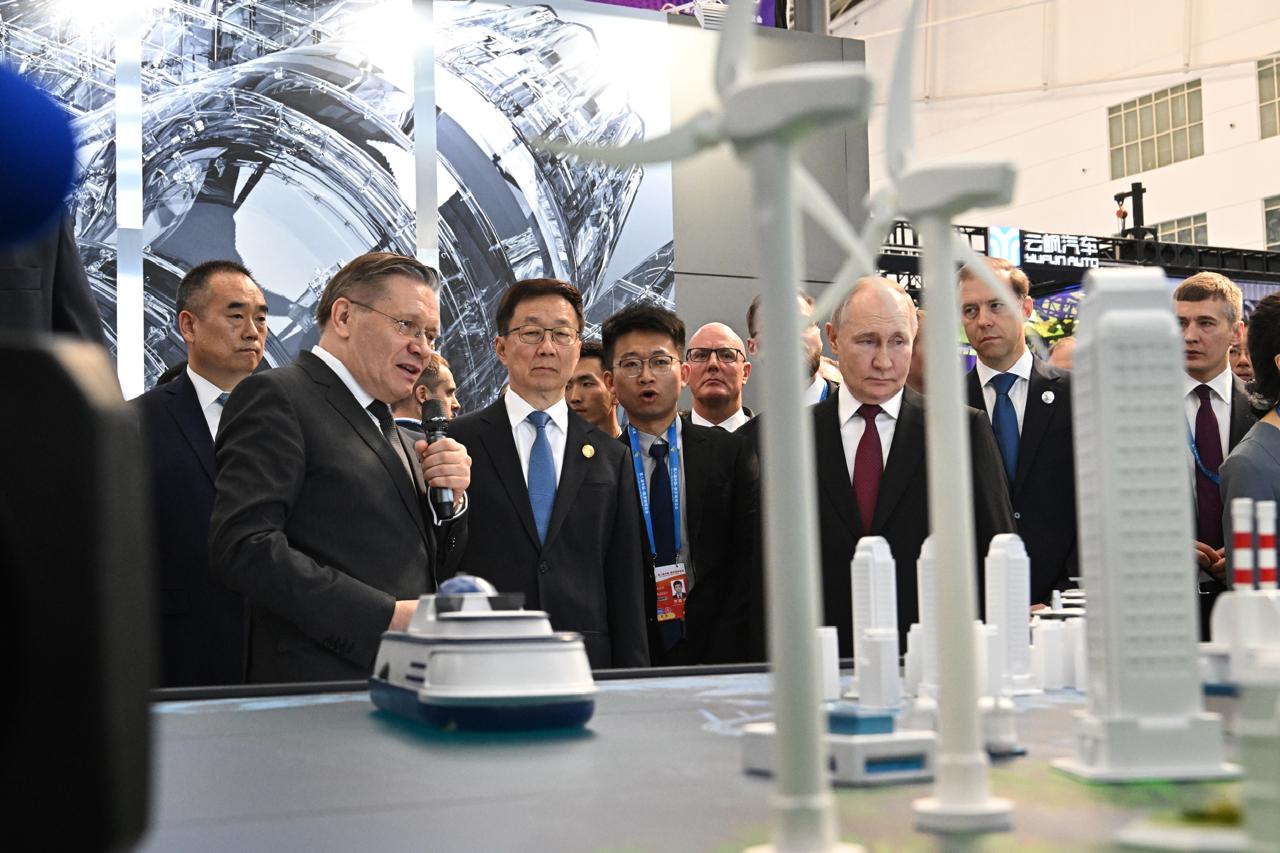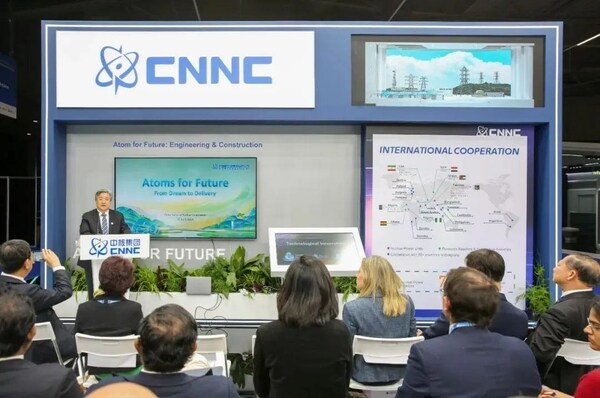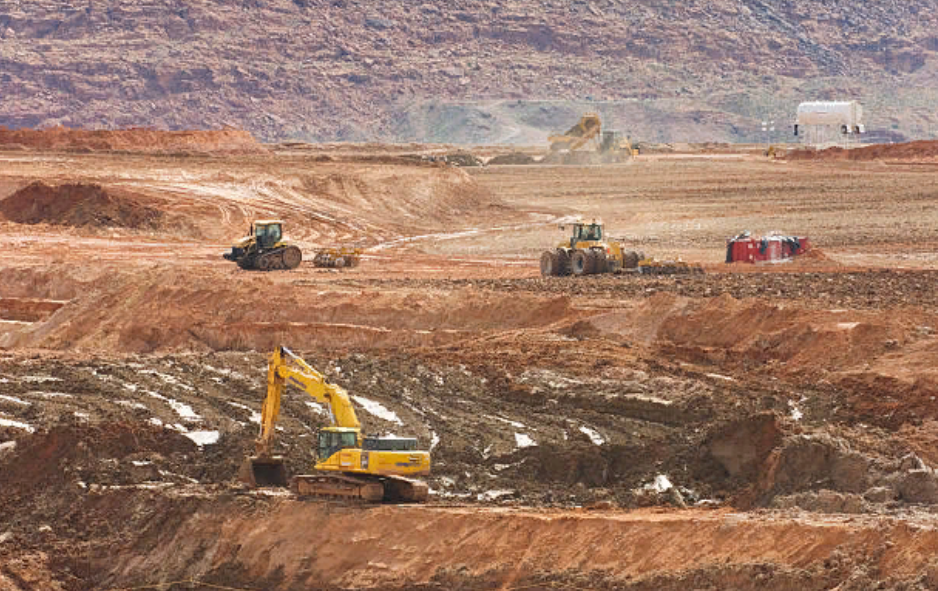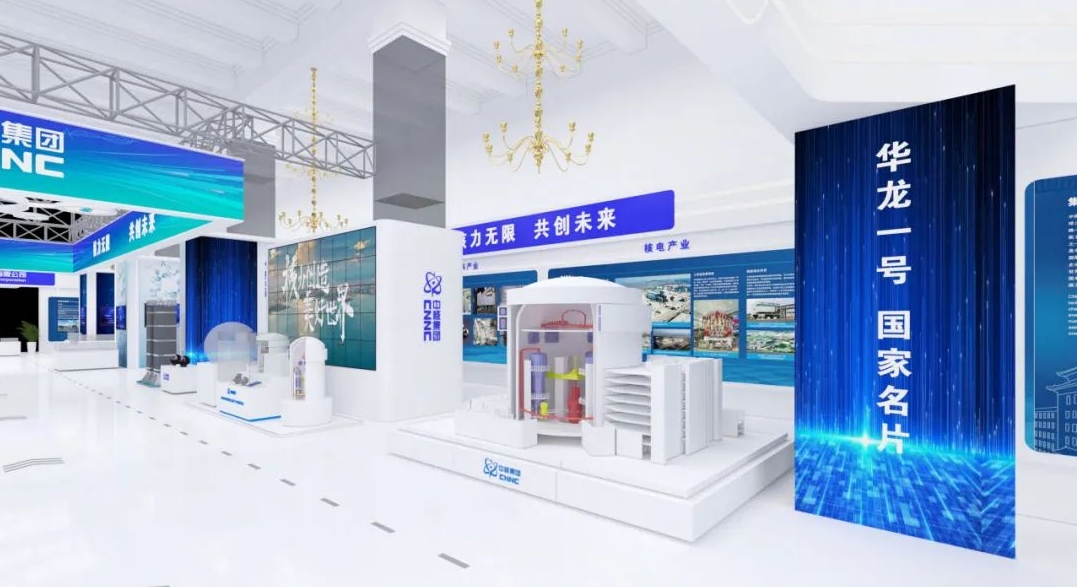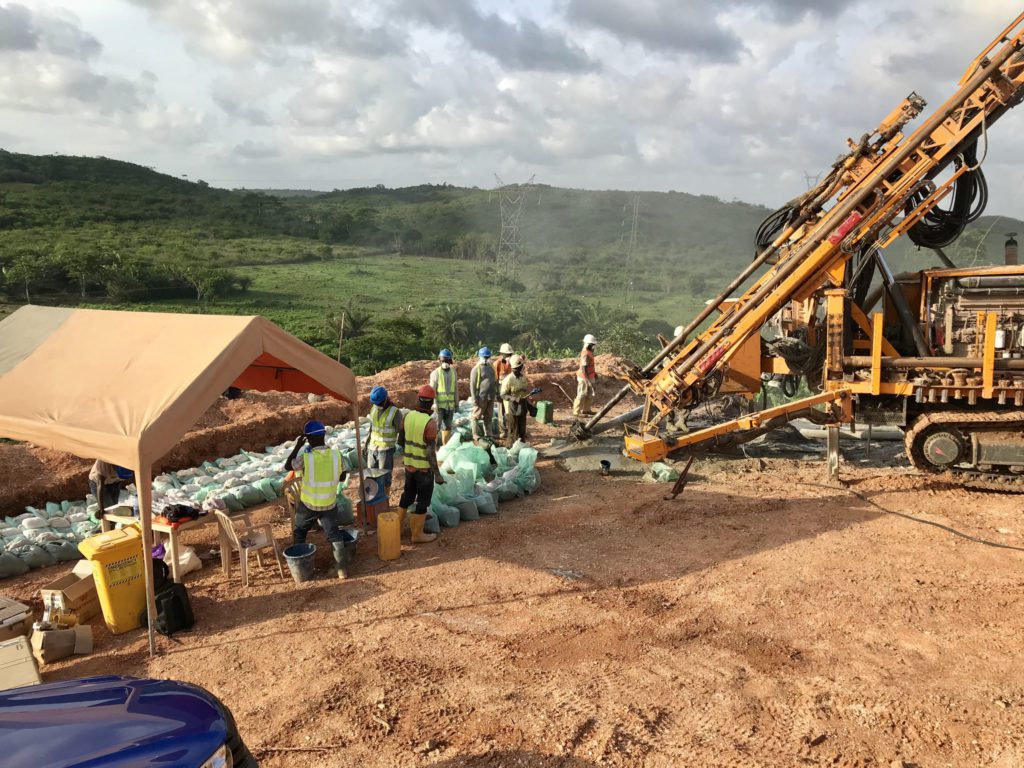 Atlantic Lithium has expanded reserves at its Ewoyaa project in Ghana. (Credit: Atlantic Lithium)
Atlantic Lithium has expanded reserves at its Ewoyaa project in Ghana. (Credit: Atlantic Lithium)Africa’s first major lithium project without Chinese funding is set to bolster US ambitions of developing its own battery-making industry.
Half of the output from Ghana’s Ewoyaa mine, being built by Australia’s Atlantic Lithium Ltd., is earmarked for a refinery that Piedmont Lithium Ltd. plans to construct in Tennessee. Piedmont is Atlantic Lithium’s second-largest shareholder and has agreed to provide most of the funds for the project.SIGN UP FOR THE BATTERY METALS DIGEST
SIGN UP“Our investment in Ewoyaa will help alleviate potential future US supply constraints and provide crucial resources to help reduce America’s dependence on foreign nations, like China,” Piedmont chief executive officer Keith Phillips said in an emailed response to questions.
China is pouring investment into lithium mines in Zimbabwe, Mali and the Democratic Republic of Congo to secure the battery metals for its dominant electric-vehicle industry. The supply of critical battery materials — including lithium, nickel and cobalt — is gaining greater urgency amid wild swings in prices and the US administration’s push for companies to reduce their reliance on China.
While lithium prices have fallen back from last year’s peak, the race for the battery metal has lured mining heavyweights, automakers and even oil majors. A projected shortfall from 2025, as demand from EVs surges, is driving the search for new supplies.
Piedmont was prepared to accept an equal share in the Ghanaian project, whereas potential Chinese backers wanted a controlling stake, Atlantic Lithium CEO Keith Muller told Bloomberg in an interview last week.
The US firm, which supplies Tesla Inc. and LG Chem, exercised an option in August to acquire an initial 22.5% stake in Ewoyaa and committed to fund the first $70 million required to develop the asset. It will also provide half of the additional costs thereafter.
Ewoyaa, Africa’s third-biggest lithium project under development, will take advantage of President Joe Biden’s Inflation Reduction Act, which offers tax credits to support the EV supply chain in the US.
“What the IRA does for me is it gives me certainty that 50% of my offtake is going into a hydroxide facility that’s destined for incentivized battery conversion,” Muller said.
African supply
Mines across Africa are forecast to increase lithium output more than 70-fold by 2030, compared with last year’s volume, according to BloombergNEF. That would increase Africa’s share of global supply to 14% from 1%.
Atlantic Lithium, which is still awaiting an environmental permit, aims to produce its first concentrate at Ewoyaa in the second quarter of 2025. Industrial scale output will only start in 2026 with a projected production of 36,000 tons of lithium carbonate equivalent — enough to power about 800,000 Tesla Model 3s.
The company is considering processing feldspar — a byproduct of mining that’s used in ceramics and tiles — as well as producing higher-value lithium chemicals from the output not destined for Piedmont, Muller said.
